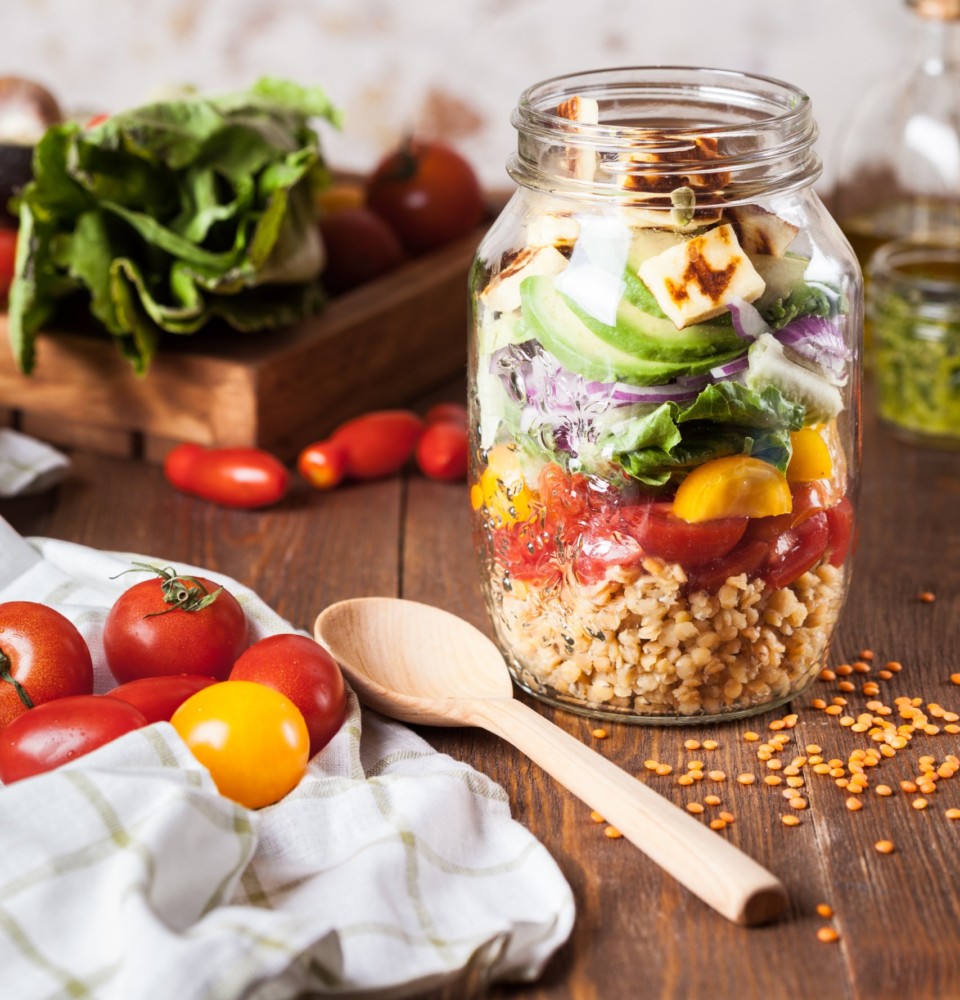
Photo by Mariana Medvedeva on Unsplash
By: Amy Fletcher
12.7% of the U.S. population are living with a disability or special need, according to the latest figures from the Census. Many people with special needs require a specialist diet to help manage the symptoms associated with their condition. Others find that strict diets, such as those that eliminate meat and animal by-products, boost their overall health and wellbeing. So how do you manage some of the most prevalent types of special needs in the country with a vegan diet?
Autism spectrum disorder
1 in 68 children in America have autism, according to the Centers for Disease Control & Prevention (CDC). Meanwhile, 1 in 5 children with autism are believed to be on a specialist gluten-free, casein-free (GFCF) diet to help control their symptoms. Casein is a protein that comes from animal’s milk (typically cow or goat) and is found in many dairy products, including yogurt, cream, butter, ice cream, and chocolate. For this reason, people with autism should opt for vegan versions of these foods items, such as almond milk, oat milk, banana and cocoa ice cream, and coconut yogurt; all of which are also gluten-free.
Cerebral palsy
Cerebral palsy is the motor disability most commonly witnessed in children, states the CDC. Children with this condition often have growth deficits due to them experiencing digestive and feeding issues. For this reason, it’s crucial that a healthy and nutritious diet is consumed at all times. The parents of children with cerebral palsy may require family support from local and national communities to help them deal with their child’s feeding challenges. This help and assistance can also put parents’ minds at rest that their child is developing as expected. When it comes to feeding a child with cerebral palsy healthily, the key is to ensure that your child is getting plenty of the following nutrients:
- Calcium
- Vitamin D
- Phosphorus
Many people think that high levels of calcium can only be obtained from foods such as cheese, milk, and yogurt. But there are plenty of vegan-friendly options you can give to your child instead, including:
- Green, leafy vegetables
- Tofu
- Pulses
- Fortified, unsweetened soy, rice & oat drinks
- Dried fruit
Fortified drinks, including juices, are also a good source of vitamin D for kids, as are fortified cereals. Phosphorus, on the other hand, is found in a variety of nuts and seeds, such as sesame seeds, almonds, and peanuts. It’s also present in oats, wholegrain wheat flour, lentils, and black beans, so there’s no need to turn to animal sources at all.
Attention deficit hyperactivity disorder (ADHD)
The 2016 National Survey of Children’s Health (NSCH) found that 9.4% of children have a confirmed diagnosis of ADHD. Foods including milk, chocolate, eggs, soy, and corn are known to heighten the symptoms of ADHD, so it’s best to avoid these foods where possible. In contrast, foods rich in protein and high in vitamins can help you control the condition. Meat-free protein options include lentils, tofu, chickpeas, green peas, quinoa, and oats. While consuming a variety of fruit and vegetables will ensure your vitamin intake is high. Research has found that children with ADHD tend to have lower levels of omega-3 fats in their bodies than children without the condition. This is worrying as Oregon Health & Science University highlighted the importance of omega-3 when they discovered that supplementing a diet with omega-3s resulted in less hyperactivity in children with ADHD. But there’s no need to give your child fish oil to increase their omega-3 levels as walnuts, chia seeds, and flax seeds are all vegan-friendly alternatives.
Down syndrome
Approximately 6,000 babies are born with Down syndrome every year. Over the last 3 decades, the average lifespan of someone with Down syndrome has increased by 35 years, partly due to increased knowledge about the important role that diet has on the condition. Fiber-rich foods can help tackle chronic constipation – a common symptom of Down syndrome. This means your diet should include:
- Avocado
- Bananas
- Lentils
- Kidney beans
- Oats
- Popcorn
- Chia seeds
Many people with Down syndrome report having a milk protein allergy. Milk protein allergy has even been linked to an increased rate of respiratory infection in children with Down syndrome, so if you or a loved one has a milk protein allergy or suspect that you have one, make sure you avoid milk protein at all costs. These days there are multiple milk substitutes that are vegan and safe for people with Down syndrome to consume. These include the ever-popular soy milk and almond milk, as well as the slightly more obscure quinoa milk, hemp milk, and flax milk.
As someone with special needs, you may benefit from reviewing and altering your diet. In many cases, this will help you to manage your symptoms more effectively and improve your quality of life. What’s more, there’s no need for animal-based products to fill your kitchen as you can get all the nutrients you need from quality vegan-friendly alternatives.
About the Author
Amy Fletcher is a freelance writer and researcher with a keen interest in business management. In recent years she has written for various online magazines, journals, and blogs. When she’s not writing she enjoys long walks with her daughter and two dogs.

